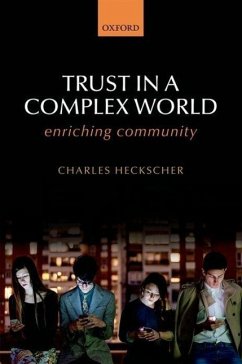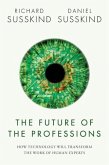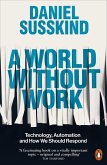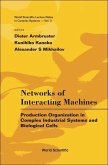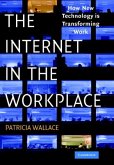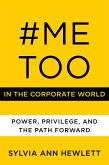Can we rebuild trust in a time of increasing conflict and paralysis? Or rather, can we build trust, for the first time, wide and strong enough to bring us together to work on the complex problems of our age?
Relations of trust have been weakened over the past century by a historic expansion of communication and cross-cultural interaction, and the advance of complex, fluid relationships. Now the rapid rise of the internet has accelerated the disruption. Many long for the comfort and security of relations in which one knew whom to trust and what to expect; yet at the same time they may embrace the dynamism and creativity that comes from mixing of cultures and perspectives.
This book explores current conflicts and confusions of relations and identities, using both general theory and specific cases. It argues that we are at a catalyzing moment in a long transition from a community in which the prime rule was tolerance, to one with a commitment to understanding; from one where it was considered wrong to argue about cultural differences, to one where such arguments are essential.
The development of this rich community is essential as well as difficult. Complex societies produce complex challenges, from climate change to inequality to the risk-laden opportunities of bioengineering, that demand collaboration among people with widely varying views. Such brewing crises cannot be worked through without far more deliberate discussion and cooperation, and higher levels of trust, than we have today. This book explores many challenges ahead and suggests some practical directions
for resolving them.
Hinweis: Dieser Artikel kann nur an eine deutsche Lieferadresse ausgeliefert werden.
Relations of trust have been weakened over the past century by a historic expansion of communication and cross-cultural interaction, and the advance of complex, fluid relationships. Now the rapid rise of the internet has accelerated the disruption. Many long for the comfort and security of relations in which one knew whom to trust and what to expect; yet at the same time they may embrace the dynamism and creativity that comes from mixing of cultures and perspectives.
This book explores current conflicts and confusions of relations and identities, using both general theory and specific cases. It argues that we are at a catalyzing moment in a long transition from a community in which the prime rule was tolerance, to one with a commitment to understanding; from one where it was considered wrong to argue about cultural differences, to one where such arguments are essential.
The development of this rich community is essential as well as difficult. Complex societies produce complex challenges, from climate change to inequality to the risk-laden opportunities of bioengineering, that demand collaboration among people with widely varying views. Such brewing crises cannot be worked through without far more deliberate discussion and cooperation, and higher levels of trust, than we have today. This book explores many challenges ahead and suggests some practical directions
for resolving them.
Hinweis: Dieser Artikel kann nur an eine deutsche Lieferadresse ausgeliefert werden.

